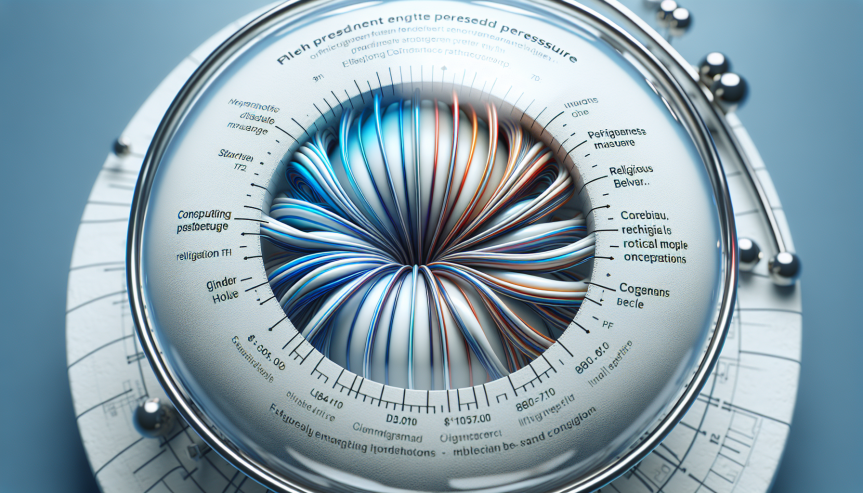We surveyed undergraduate and graduate management students to quantify how perceived pressure interacts with gender, religiosity, and income in shaping ethical conduct. Our moderated regression analysis shows that pressure reduces ethicality overall, narrows gender differences, and dampens the protective effect of religiosity, while income shows a modest curvilinear link.
TL;DR
- Pressure lowers ethical behavior among future managers.
- Gender (β = ‑0.39) and religiosity (β = 0.075) retain modest positive links, but pressure weakens them.
- We reveal pressure as a critical moderator that narrows gender gaps and blunts religiosity’s protective role.
Why it matters
Organizations increasingly rely on emerging managers to sustain ethical cultures, yet these individuals often face intense academic and early‑career pressure. Understanding which personal characteristics help resist unethical shortcuts, and where pressure overwhelms those buffers, guides the design of training, policies, and support systems that protect ethical standards.
How it works
We collected survey responses from 334 management students, measuring their self‑reported ethicality and perceived pressure on validated Likert scales. Using stepwise multivariate regression, we entered gender, religiosity, income, and pressure as main effects, then added interaction terms (e.g., gender × pressure) to test whether pressure changes the strength of each predictor. Control variables (age, marital status, education level, employment status) were retained throughout.
What we found
The regression models explained roughly half of the variance in ethicality (adjusted R² ≈ 0.47). Key outcomes, supported by multiple inputs, include:
- Perceived pressure had a negative main effect on ethicality (β = ‑0.39, p < 0.01).
- Female students reported higher ethicality than males (β ≈ 0.10, p < 0.01), but the gender‑pressure interaction (β = 0.048, p < 0.05) reduced this advantage under high pressure.
- Religiosity positively predicted ethicality (β ≈ 0.06, p < 0.01); the interaction with pressure (β = 0.042, p ≈ 0.056) suggested a marginal weakening of this buffer when pressure rises.
- Income showed a modest positive main effect (β = 0.075, p < 0.01) and remained significant after accounting for pressure (β = 0.043, p < 0.05), yet the overall pattern was curvilinear, with both low and high earners displaying slightly lower ethicality.
Limits and next steps
Our sample consisted solely of management students at a single liberal arts university, limiting generalizability to other disciplines or professional contexts. Future work should extend the design to working professionals, incorporate longitudinal data, and test stress‑pressure models such as the Yerkes‑Dodson curve to pinpoint optimal pressure levels that support ethical decision‑making.
FAQ
- Does higher income always mean more ethical behavior?
- No. We observed a modest positive effect overall, but the relationship was curvilinear, with both low‑ and high‑income groups showing slightly lower ethicality.
- Can organizations eliminate the negative influence of pressure?
- While pressure cannot be removed entirely, interventions, like realistic ethics simulations and value‑based leadership, can buffer its impact, especially for groups most vulnerable to its effects.
Read the paper
Harper, P. J., Cary, J. C., Brown, W. S., & Rivas, P. (2019). Ethics under pressure: A study of the effects of gender, religiosity, and income under the perception of pressure. Journal of Leadership, Accountability and Ethics, 16(3).


